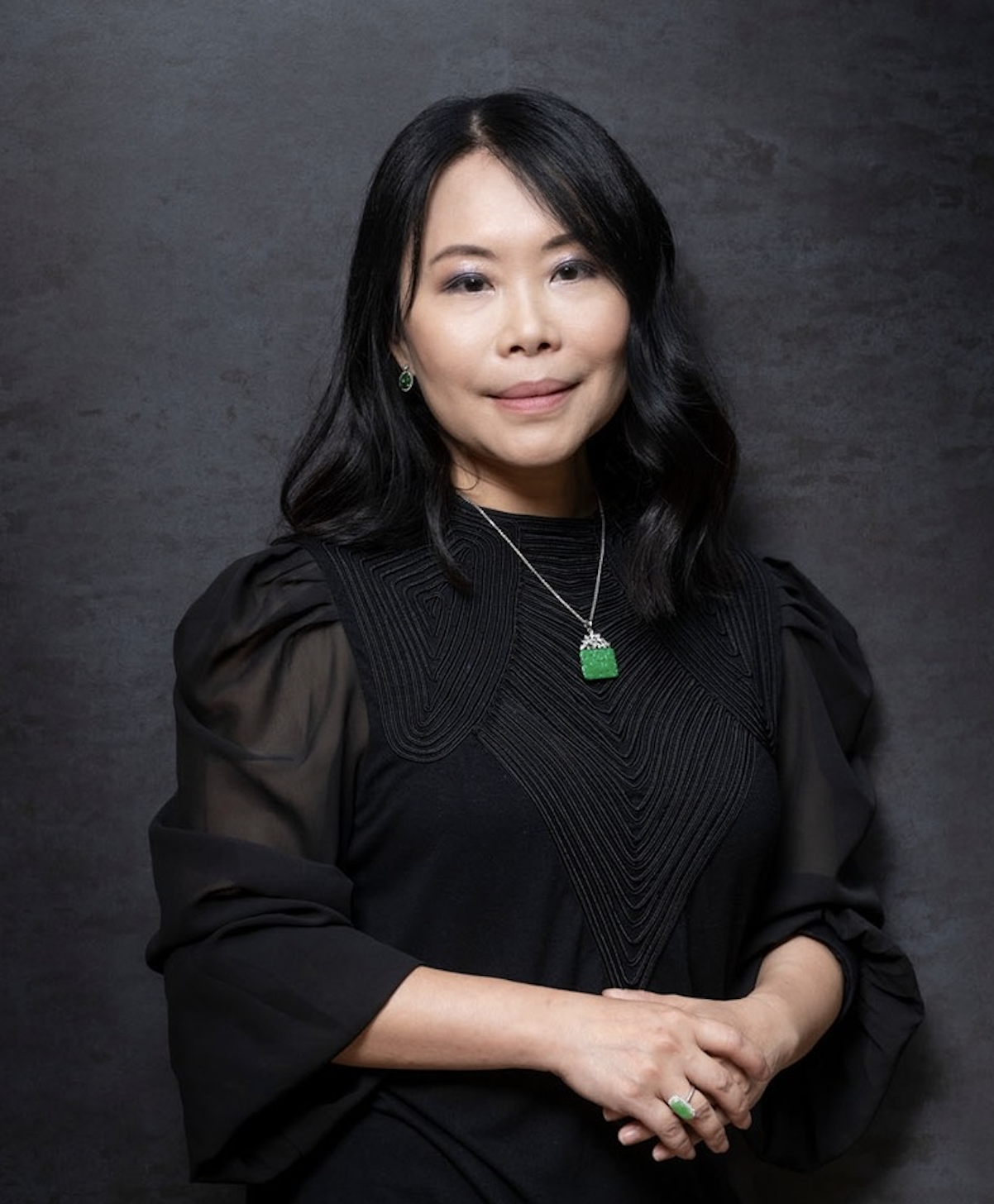LCN Keynote Presentations
Tuesday, 14 October 2025
Media Streaming, Application Informed Pacing, and Coexistence with Cloud Gaming
Grenville Armitage
Engineering ManagerNetflix
Australia
ABSTRACT
This talk will reflect on how internet-based applications and transport protocols can act in concert to use packet pacing for improved coexistence between streaming media and low-latency interactive services. We'll look at the evolution of TCP- or QUIC-like transport protocols to pace their on-the-wire behavior according to dynamically-updated application needs (rather than capacity-seeking to whatever the network can give). We'll further reflect on how such 'application informed pacing' can improve coexistence with latency-sensitive applications such as cloud gaming, even in the absence of bottleneck queue management strategies (such as FQ-CoDel or L4S) within networks.
ABOUT THE SPEAKER
 |
Grenville Armitage has held a mix of academic and industry roles since the mid-1990s. He currently leads transport protocol R&D for Netflix Open Connect. His team develops, refines and deploys the HTTP-based and WebRTC-based transport protocols Netflix servers use to stream content and deliver cloud gaming experiences to members worldwide. Between 2002 and 2018 he held various academic positions at Swinburne University of Technology, Melbourne, Australia (Director of the Centre for Advanced Internet Architectures, 2002 - 2017; Head, Telecommunications Engineering Academic Group, 2007 to 2013; Professor of Telecommunications Engineering, 2009 - 2018; Associate Professor, 2002 - 2008). Between 1994 and 2001 he held industry R&D roles (Member of Technical Staff, Bell Labs Research, Lucent Technologies, 1997 - 2001; Senior Scientist/Research Scientist, Bellcore, 1994 - 1997). Grenville completed his PhD in Electronic Engineering in 1994 at the University of Melbourne, Australia. |
Thursday, 16 October 2025
Opportunities, Challenges and Emerging Solutions for Next Generation Fiber-to-The-Home/Building Networks
Elaine Wong
Pro Vice Chancellor (People & Equity)University of Melbourne
Melbourne, Australia
ABSTRACT
The telecommunications industry is transitioning into an experiential-oriented era, characterized by immersive technologies which demand low-latency and high-bandwidth networks. Fiber-To-The-Home/Building networks, particularly those leveraging advanced passive optical network technologies, are critical to enabling immersive connectivity for future residential, business, industrial applications. This talk explores the key drivers behind this transition, the technical challenges involved, and emerging solutions designed to ensure these networks satisfy user experience expectations.
ABOUT THE SPEAKER
 |
Elaine Wong received her Ph.D. (2002) degree in Electrical Engineering from the University of Melbourne, Australia. She is a Redmond Barry Distinguished Professor and is currently Pro Vice Chancellor (People & Equity) of the University. Her current research interests include low-latency communication networks and prescriptive analytics to facilitate human-to-machine applications over the Tactile Internet. Elaine currently serves on the ARC College of Experts, the IEEE Photonics Society Board of Governors, the IEEE Technical Activity Board, Committee of Diversity Equity and Inclusion, and is Chair of the IEEE Communication Society Optical Network Technical Community. She is Technical Editor of IEEE Network, General Chair of Opto Electronic Communication Conference (OECC) 2024, and General Chair of Optical Fiber Communication Conference (OFC) 2025. She has previously served on many editorial boards including IEEE/Optica Journal of Optical Communications and Networking, and IEEE/Optica Journal of Lightwave Technology. |
